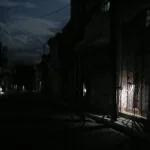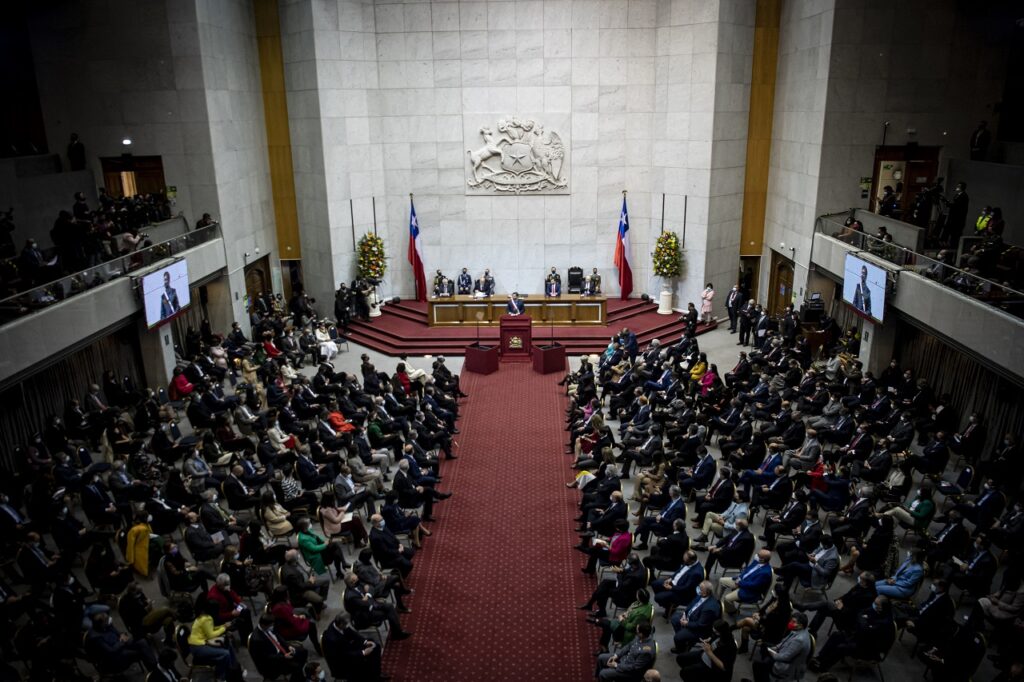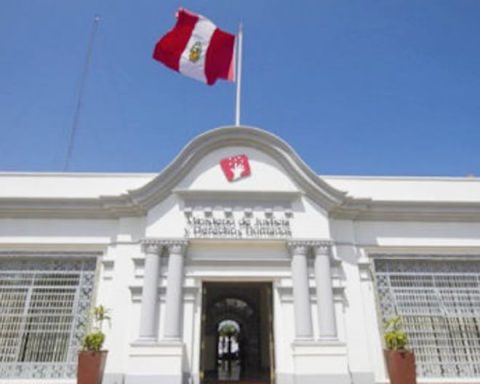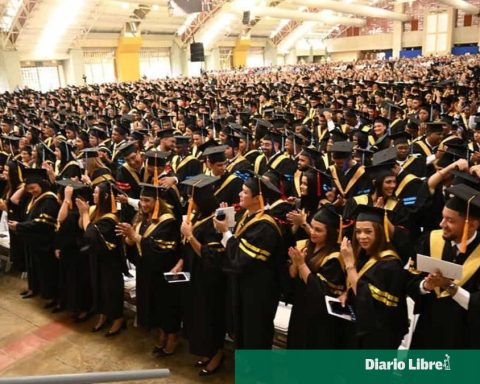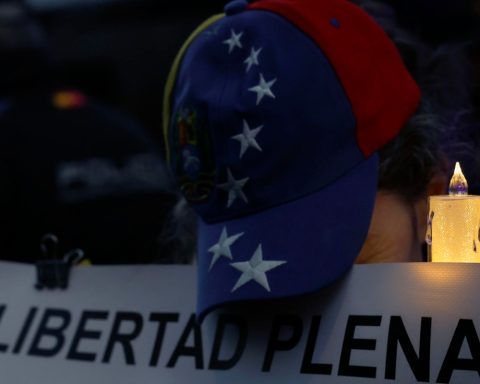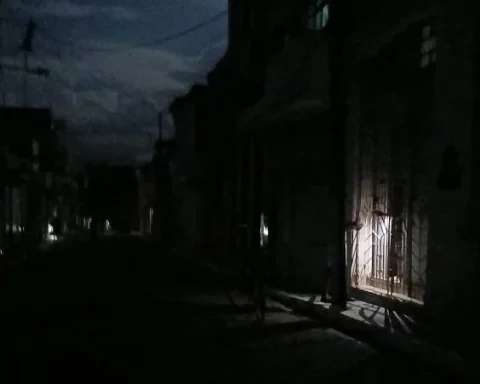Citizens expressed themselves in the most popular vote in the history of Chile. The triumph of the Rejection over the Approval was categorical, and in the ruling party they weigh this hard blow, assuming the responsibility of leading what President Gabriel Boric himself called the “continuity of the constituent process” and that will depend on the will of an empowered opposition. , a sector that is constituted as the great winner after the exit plebiscite. In this context, analysts and helmsmen of the defeated political parties carry out an analysis of the aspects that, in their opinion, marked the failure of the constitutional proposal in the referendum this Sunday, September 4.
In the first place, a large part of the actors involved in the Approval consider that a serious error was not having considered the complex social and economic context that the country is going through, with inflation, a rise in the cost of living, a feeling of misgovernment and chaos, elements that usually provoke anguish in the population, and where it is normal for the electorate to punish the Government, in this case openly involved with the option of approving the new Constitution. In addition, analysts and politicians agree that there were serious errors in the work of the Convention, where there was an excess of vanguardism and academia, with the use of “postmodernist, divisive and militant” language, which could have generated conflict in a certain part of the population. An example of the above was the denomination of an “ecologist or feminist Constitution”, which could be convening only for a part of the population.
From Democratic Socialism – a coalition that from the beginning was prone to the option of approving to reform or to improve – made their own self-criticism and were expectant regarding the process that begins today, Monday, September 5, with the meeting of coordination that will be headed by President Gabriel Boric at the Palacio de La Moneda, and in which only the defeated forces will participate –including the leadership of the Christian Democracy (DC)–, due to the fact that the right decided to withdraw from the call.
In this regard, the president of the Party for Democracy (PPD), Natalia Piergentili, points out that “our biggest self-criticism is not having been emphatic enough to carry out a proposal for deeper changes to the existing text. We believe that we were able to elucidate that there were legitimate doubts and legitimate fears, and perhaps we should have been stronger in raising them. But I think that, beyond visualizing that, we must also see how a process, which started with 80% approval, is today defeated, and you have to listen to it with humility, you have to put things in their proper measure, evaluate where the maximalisms were and where the irresponsibilities were, and have the conviction to continue forward in a process that effectively gives Chile a social State and democratic by law”.
Meanwhile, from Approve Dignidad, the president of the Social Green Regionalist Federation, Flavia Torrealba, says that “people spoke about this constitutional text and did not interpret it as a convener. But there is also another aspect, where I assume responsibility as a political party And it is that at a time of high conflict and high social complexity, the political parties should have assumed a role and given it the institutional framework that the process required, and I think that, in that, we should not have allowed that the parties were at the forefront of the campaign, which was one of the virtues of Rejection. There was a lack of security in transferring the institutional system to the campaign process in favor of Approval, where we should have acted differently. But the truth is that, after the war, we are all generals,” he says.
From DC, meanwhile, they assume that events such as the embarrassing act in Valparaíso could have had a cost. This is admitted by the president of the phalanx and mayor of La Granja, Felipe Delpin, who adds that “calling to defend the triumph of the Approval in the street also has a cost, which people do not like, in addition to other elements that citizens usually punish. In addition, the economic situation in the country, insecurity, violence, the high cost of living, unleashed inflation and a sense of fear, conspired so that today we obtain these results.”
Main errors of the Convention and the complex scenario for the ruling party
After the defeat of the Approval, criticism of what was the process of drafting the constitutional proposal resurfaced, where experts believe that there were obvious errors in the form of the work carried out by the conventionalists in the building of the former National Congress. In this regard, the sociologist Carlos Azócar, an academic from the University of Santiago, believes that the constituents did not consider a “strongly elitist view of the constituted power that considered the Convention as a freak, viewing it with great suspicion, and became an active part in the demolition campaign, often based on fake news, despite the fact that organizations such as the European Union applauded the work carried out”, he maintains.
Another factor that would explain the defeat is the “excess of avant-garde and academia” in the constituent conversation, or the failure of gradualism. Analysts agree that the academy is an avant-garde space that is closely followed by a citizenry that, in the first place, viewed with suspicion some innovations that were not in anyone’s calculations – for example, plurinationality and the indigenous system of Justice-. Here the analysts ask to consider a context that inevitably generates anxieties in the population, such as, for example, the impact of the migration crisis on people’s quality of life. Chilean society has had to face very rapid changes, transformations that sometimes exceed the processing capacity of people who are not necessarily familiar with academic discussion.
Then, it could be, to a large extent, a symbolic and identity aspect that – in the opinion of the experts – the Constitutional Convention failed to capture adequately. For Rodrigo Larraín, a sociologist at the Central University, the conventional ones surrounded themselves with a niche culture, which is largely rooted in the enlightened middle classes with little proletarian and poor history. background from the left. In this sense, Larraín explains that “a woman from the town says that she needs to go out every day to look for a match, therefore, she does not have time to study patriarchy. They suffer brutal machismo, not theorized machismo. Everything is theorized. Social issues were more powerful: the people who wanted medicines at a fair price, who did not want a hunger pension… These are urgent demands from the popular sectors. How do we make the most popular sectors understand that there is a narrative favorable to them? there may be a unified story crisis”.
But beyond the criticism of the process, the truth is that, after the triumph of the Rejection, the discussion for a new Constitution will have a key and fundamental actor: Congress. Precisely from that space, the senator for the Region of La Araucanía, Francisco Huenchumilla (DC), believes that basically there were three main factors that influenced the failure of the Approval: “First, because of the environment that was generated in relation to the way of work of the Constitutional Convention, where the discourse probably penetrated that the form had been wrong and that a Constitution of greater extremism had been drafted. And, on the other hand, I think that the Government made many mistakes, and the people apparently, in this plebiscite, those errors are being counted, where there would be a certain global judgment that includes the constituent process, the content of the Constitution and the actions of the Government”.
Now, the challenge for La Moneda is complex: to lead the continuity of the constitutional process, depending on the will of the opposition and without the certainty that it is what the citizens need, considering the result of this Sunday’s referendum. In this regard, the political scientist and former ambassador Gabriel Gaspar believes that the “extravagances, narcissism and a certain messianic vision of a part of the conventionalists, although it was stopped in its excesses by the 2/3 in the text, strongly impacted society “. Likewise, he emphasizes that, with this result, the ruling party has remained on the defensive and will have to act quickly if it intends to recover the political initiative.
For its part, and as an external factor, the spread of fake news and the disinformation strategy carried out by some sectors of the Rejection could have been successful, understanding that the dissemination of false news involved social networks, the media, while calling for strong territorial work. In turn, from the parties of the official Approvebo command, they assumed the success of the concealment tactic deployed by the right, which included former President Sebastián Piñera, former presidential candidate José Antonio Kast and the helmsmen of Chile Vamos parties. In government coalitions, they assume that an excessive politicization of their speech, with spokespersons such as deputies Karol Cariola (PC) and Vlado Mirosevic (PL), in addition to the sporadic projection of an Octobrist narrative, could also work against them.










